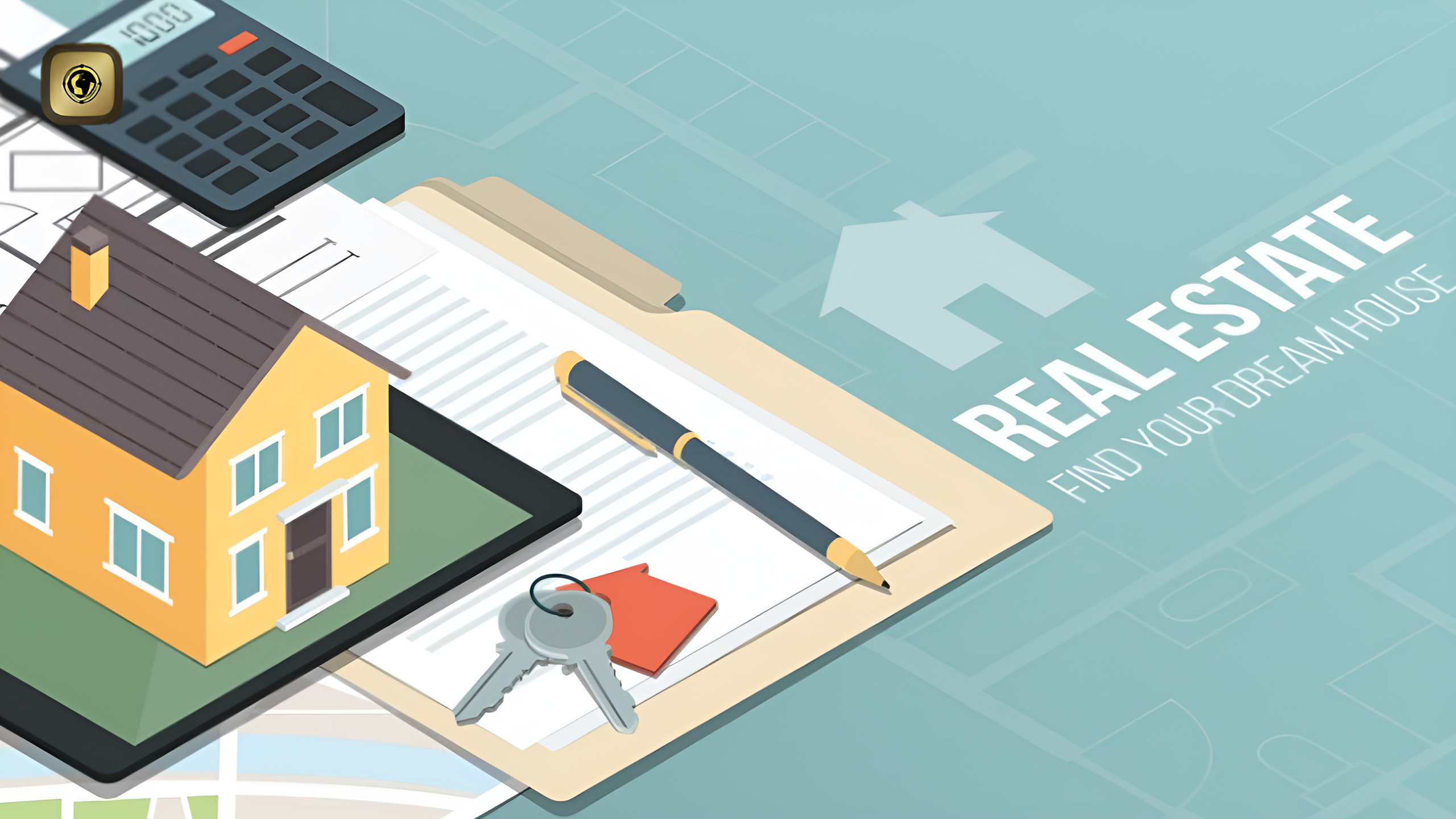March 30, 2025
- A variety of expenses that you incur to support and enhance your life, health, and security offer equal opportunities to receive tax refunds on the taxes you pay for these services. From health insurance to life insurance and home insurance, even your fuel expenses can be claimed for tax refunds, as these costs are generally deemed necessary to sustain your way of living. Rent payments are one such expense that can help you save on taxes as well.
- In today’s society, as real estate prices soar, purchasing a home has become a long-term strategy, given that housing costs can equal several years of an individual’s salary. Consequently, renting emerges as the next optimal choice. For instance, if you are residing in a different city for work, you may need to rent a living space as well. Acquiring property insurance for your rental property is an option, but you must understand how to save taxes on rent paid. This is where the House Rent Allowance, or HRA, becomes relevant. Let us explore this in detail for better clarity.
What is HRA (House Rent Allowance)?
- If you are employed by a company, your salary is divided into different components, one of which is HRA. Based on this component, your employer allocates you a specific amount as part of your salary to help cover your rent expenses. Since this payment is essential, despite being provided by the company, it qualifies for tax rebate claims. A portion of the HRA, dependent on certain conditions, is exempt under Section 10 (13A) of the Income Tax Act, 1961.
Is HRA Taxable?
- The House Rent Allowance is considered part of the income received and, therefore, classified as taxable income. Under Section 10 (13A), individuals living on rent may claim a full or partial tax exemption. The HRA is completely taxable for those residing in their own homes and not renting. There are no exemptions for house rent allowance in the new tax regime, so individuals who opt for this regime should take note.
Section 80GG: Tax Benefits for Rent Paid
- The next inquiry that arises is how to save taxes on rent paid if the individual does not receive an HRA from the employer or operates as a self-employed individual. If a salaried person does not get an HRA but lives in a rented space, they can claim a deduction under Section 80G of the Income Tax Act. However, it is important to note that there is a ceiling of Rs. 5000 per month or Rs. 60000 annually. This benefit is unavailable if the individual, their spouse, or a minor child owns a property. Form 10 BA must be filled out by anyone claiming a rebate under this section.
HRA for Self-Employed Individuals
If you are self-employed, you can instead claim tax advantages under section 80GG of the income tax, with the minimum among the following amounts being treated as exempt.
- Rupees 5,000 per month
- 25% of an individual’s income (this pertains to one’s adjusted income that considers long-term capital gains and short-term capital gains)
- If the rent paid is less than 10% of the individual’s adjusted income.
HRA for Salaried Individuals
If you are a salaried individual, your HRA tax claims are filed under Section 10-13A of the IT Act. Under this section, the deduction is determined based on the least among the subsequent options.
The HRA provided by the employer as part of the salary - 50% of an employee’s salary if they reside in a metro city.
- 40% of an employee’s salary if they live in a non-metro city.
- Rent paid by the employee on a monthly basis.
The least of these aside, all other income remains taxable as per the usual regulations.
How to Claim HRA Exemption?
The following criteria must be satisfied if one wishes to claim HRA exemption: - One must be residing in rented accommodation
- Provide valid proof of rent payment and rent receipts
- HRA should be included in the CTC and the salary received
- The exemption calculation is based on factors such as rent paid, salary, city of residence, and HRA received.
How to Calculate HRA Exemption?
Now that you know how to save on taxes related to rent paid, it is important to also understand how to calculate the HRA exemption. The minimum of the following will be claimed as an HRA exemption: - For individuals living in metro cities, 50% of (basic salary and DA)
- Actual HRA received
- 40% of (the basic salary and DA) for those residing in non-metro cities
- Actual rent paid that is less than 10% of (basic salary and DA).
Documents Required to Claim Tax Benefits on Rent Paid
Similar to house insurance or a home loan, certain documents are necessary to claim tax returns on rent payments. These include: - The rent receipts for all rent payments made
- PAN Card
- Address of the rented property
- Revenue stamp
- Landlord’s signature
- Rent Agreement.
When Do You Need a Landlord’s PAN?
There are specific instances when the landlord’s PAN card must be submitted while claiming the HRA exemption. If the rent paid exceeds Rs. 1 lakh per year, the PAN must be mandatorily submitted to claim the tax deduction. If the landlord lacks a PAN card, they must sign a self-declaration form indicating that they do not possess the required PAN card. If the landlord is residing abroad, the tenant is required to deduct 30% TDS from the rent paid.
Illustration



Leave A Comment